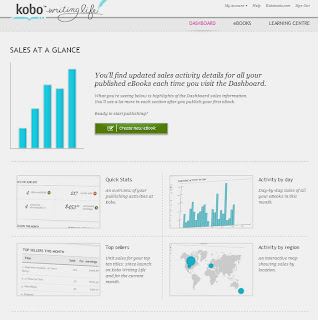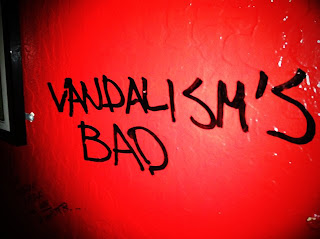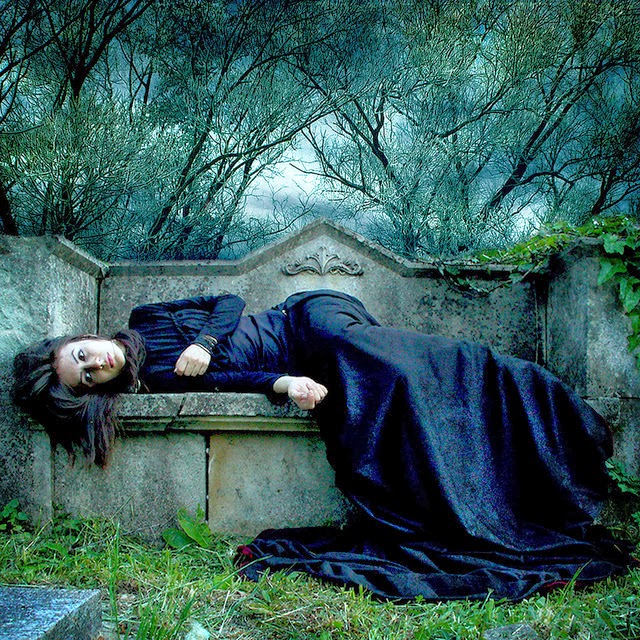
This is from Galleycat:
Amazon Kindle Direct Publishing is reportedly planning to remove Kindle books that have fewer than 2,500 words.You can read the complete article here: Amazon Cracks Down on Kindle Books Under 2,500 Words.
At the KBoards site for Kindle readers and writers, one author shared a letter from Amazon that explained: “Content that is less than 2,500 words is often disappointing to our customers and does not provide an enjoyable reading experience.”
... A few of writers responded to the post saying they were selling books that were under 2,500 words at Amazon, including a speculative fiction author and a fantasy writer.
Here is the letter that Amazon sent out:
Hello,
During a quality assurance review of your KDP catalog we have found that the following book(s) are extremely short and may create a poor reading experience and do not meet our content quality expectations:
Name of Short
In the best interest of Kindle customers, we remove titles from sale that may create a poor customer experience. Content that is less than 2,500 words is often disappointing to our customers and does not provide an enjoyable reading experience.
We ask that you fix the above book(s), as well as all of your catalog’s affected books, with additional content that is both unique and related to your book. Once you have ensured your book(s) would create a good customer experience, re-submit them for publishing within 5 business days. If your books have not been corrected by that time, they will be removed from sale in the Kindle Store. If the updates require more time, please unpublish your books.(Amazon going after short shorts)
Question: What do you think? Should Amazon leave it up to authors to determine the minimum length of their stories or should there be a minimum length so readers don't pay, say, $2.99 for a 1000 word story?
Other articles you might like:
- Word Processing Apps For Writing On The Go- Dean Wesley Smith, Harlan Ellison, The Internet, and Writing A Book In 10 Days
- Prada Writing Contest: Winner receives 5,000 Euros
Photo credit: "Untitled" by Mark Wooten under Creative Commons Attribution 2.0.




















